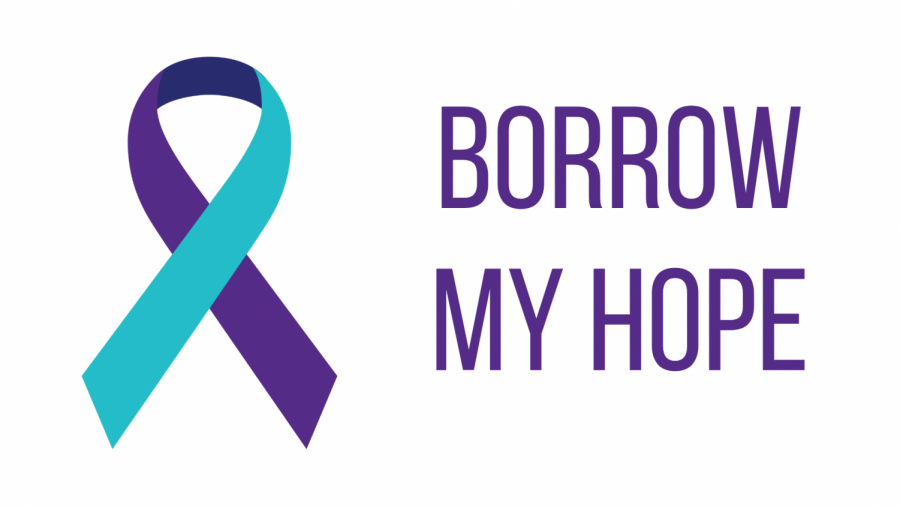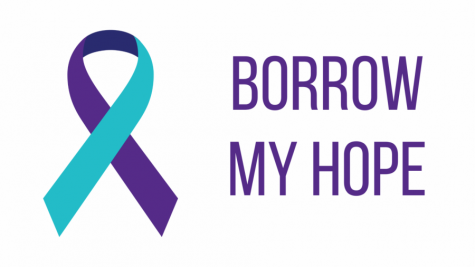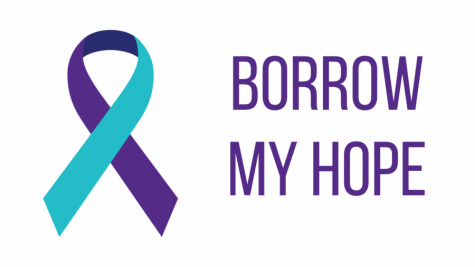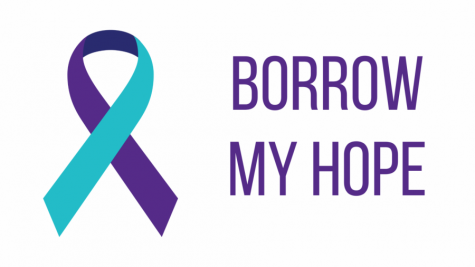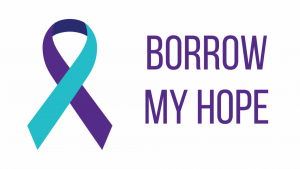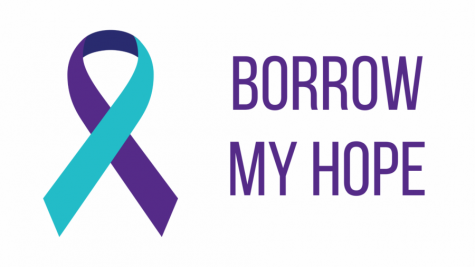Borrow my Hope: The ideal recovery myth
A phrase that is gaining traction in the mental health world is “progress isn’t linear.”
I couldn’t agree more. In fact, society has built-up this myth that as soon as you hit a low point in your life with mental health, you automatically get better. You progress on a straight line until you’re thriving in no time.
Of course, this isn’t how it works. It’s a comforting myth to have, as many myths can be, but it’s also harmful.
We put so much progress on ourselves, those of us who deal with depression, anxiety, and suicidal thoughts, to get better. We think that someone who has attempted to end their life will never do so again. We believe that someone who is no longer depressed will never relapse.
I’m not sure where these ideas come from. Perhaps media messages play a role. Perhaps we only pay attention to the good parts of someone’s recovery rather than their struggles. Perhaps, subconsciously, we want so badly for someone to get better that we shun the notion that things can get worse, that life doesn’t follow a set trajectory.
Turning things around with suicidal thoughts takes time. A lot of time.
What I thought was rock bottom for me was my stay in a mental health hospital for about three days in early June this year. I believed that after my release from the hospital, I would rapidly make lifestyle changes that would eliminate my depression and get me to have the life that I wanted.
That’s not how it turned out at all.
I had another “rock bottom” in early August. For those of you reading, you may have had multiple rock bottoms in your life, each one worse than the previous.
The point is, it’s crucial to accept yourself where you are in terms of mental health. You can’t erase suicidal thoughts in a short matter of time. Your depression recovery may take years or your whole life. This isn’t pessimistic, this is realistic. What is truly pessimistic is beating yourself up for not meeting an unrealistic standard of recovery set by society.
Self-compassion pioneers Kristin Neff, Ph.D., and Christopher Germer, Ph.D., in their wonderful Mindful Self-Compassion Workbook, talk about being a “compassionate mess.” That’s what I’m working to be, rather than striving to achieve an unreachable ideal of recovery. Remember, any journey towards realistic recovery has to start with self-acceptance. If you can just be there for yourself, that’s enough.
Your donation will support the student journalists of Washburn University. Your contribution will allow us to purchase equipment and cover our annual website hosting costs.



